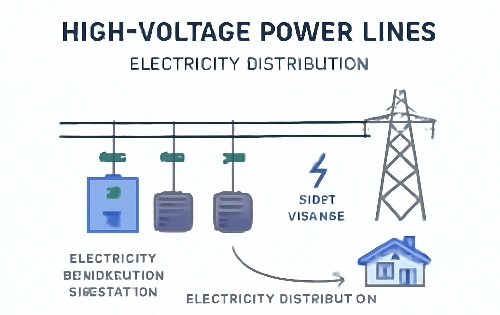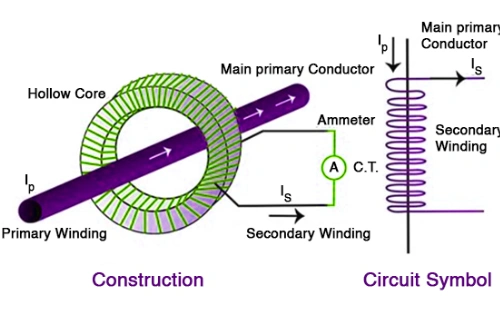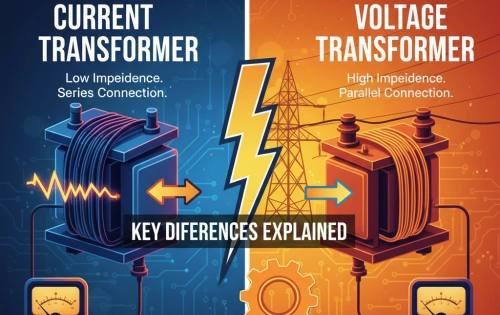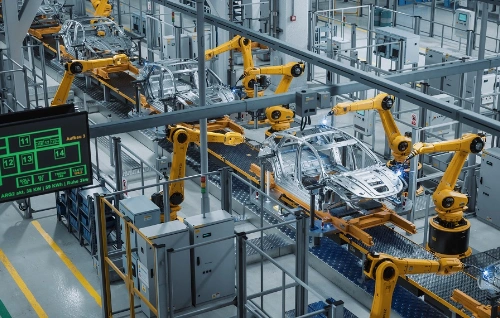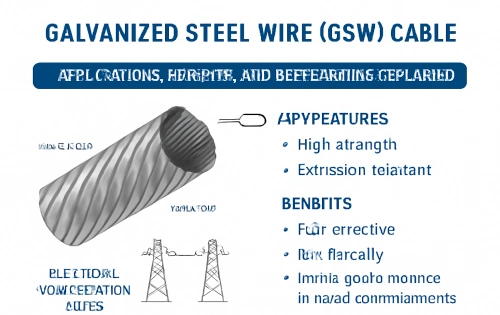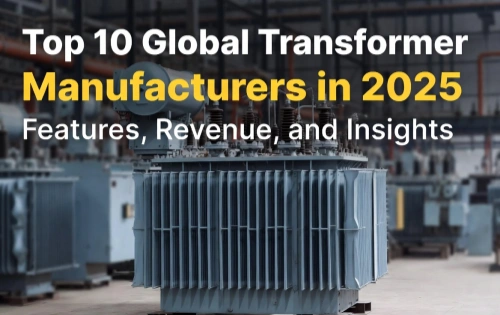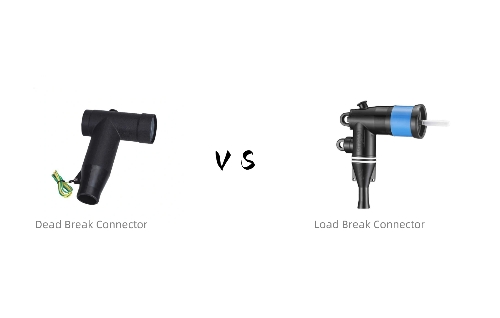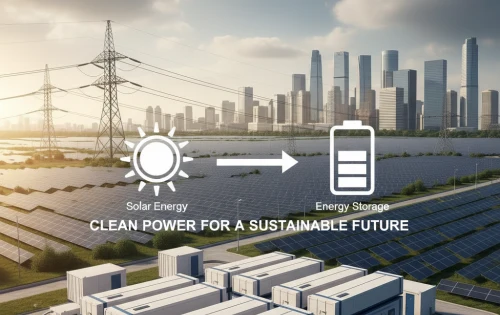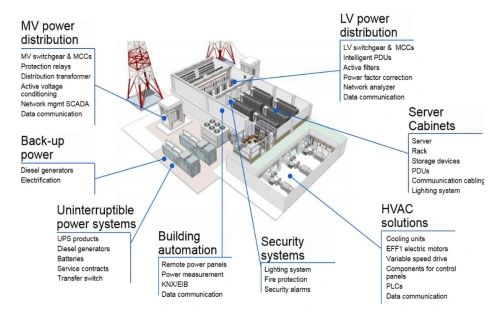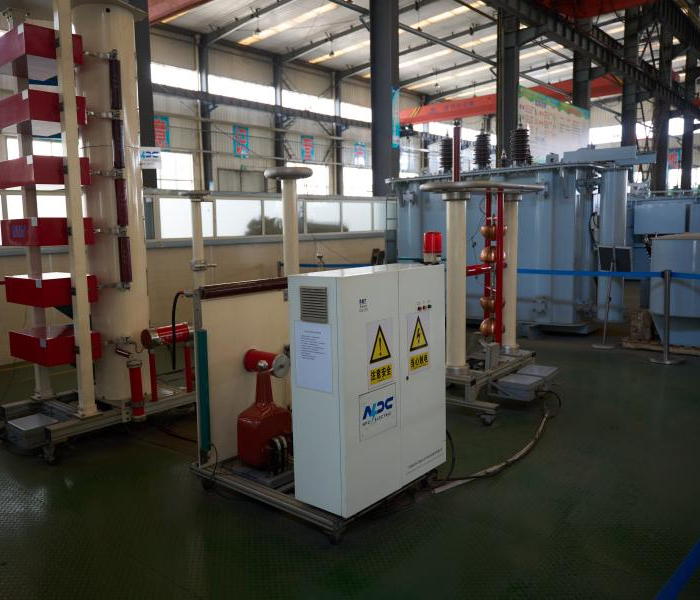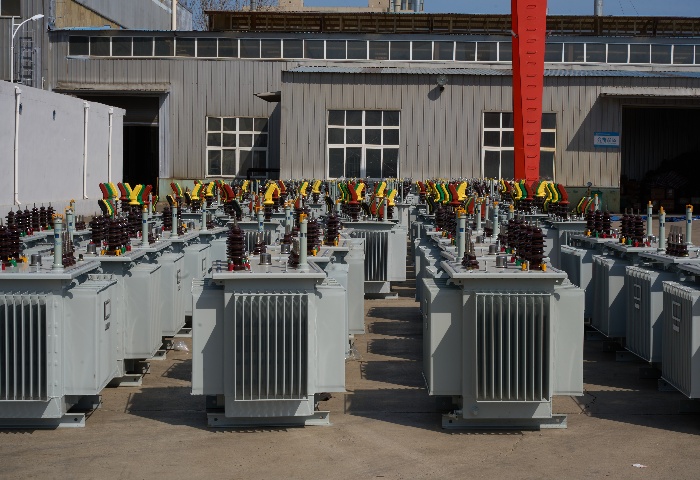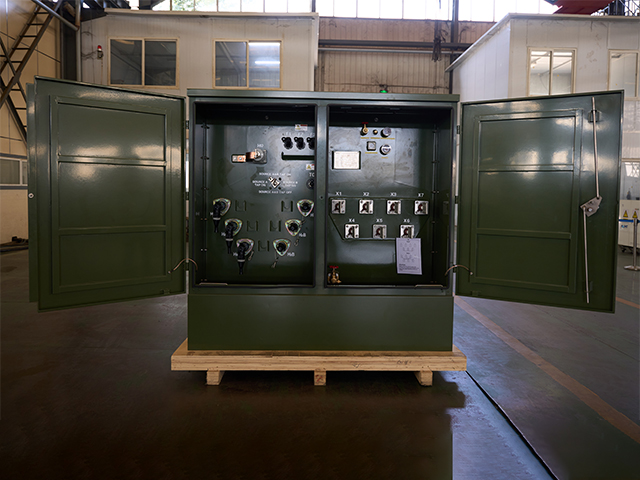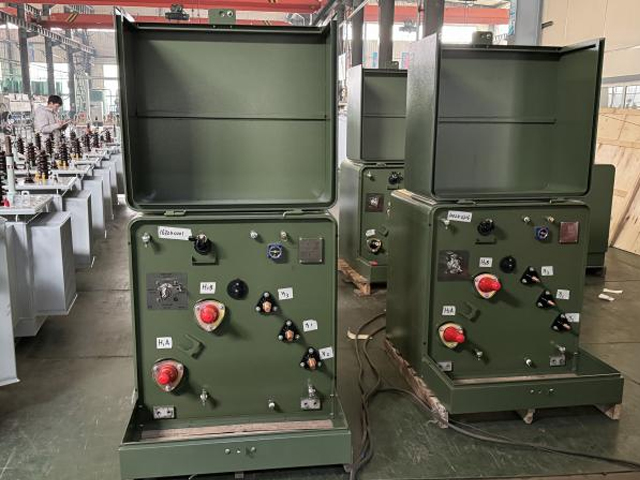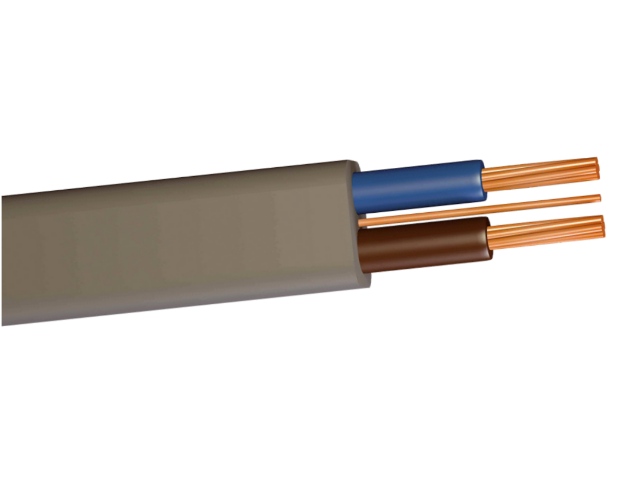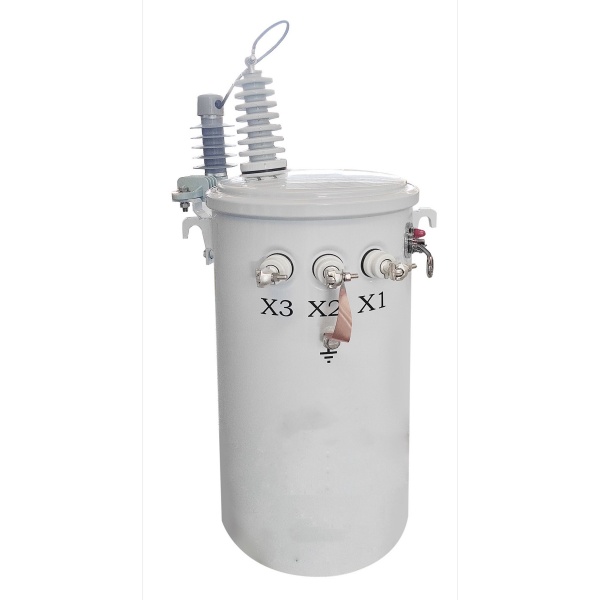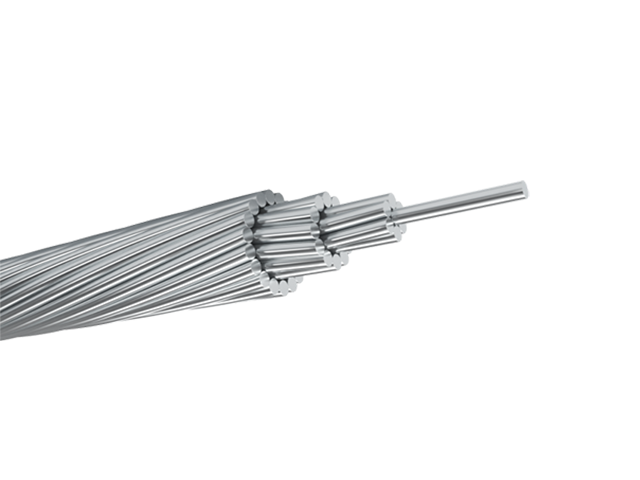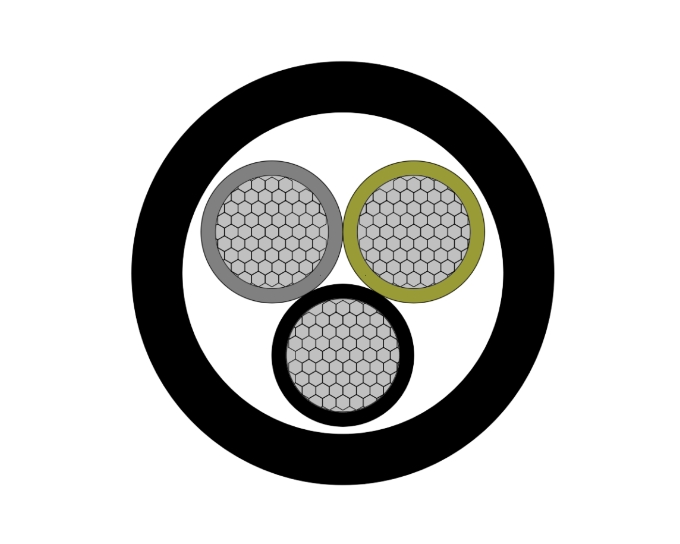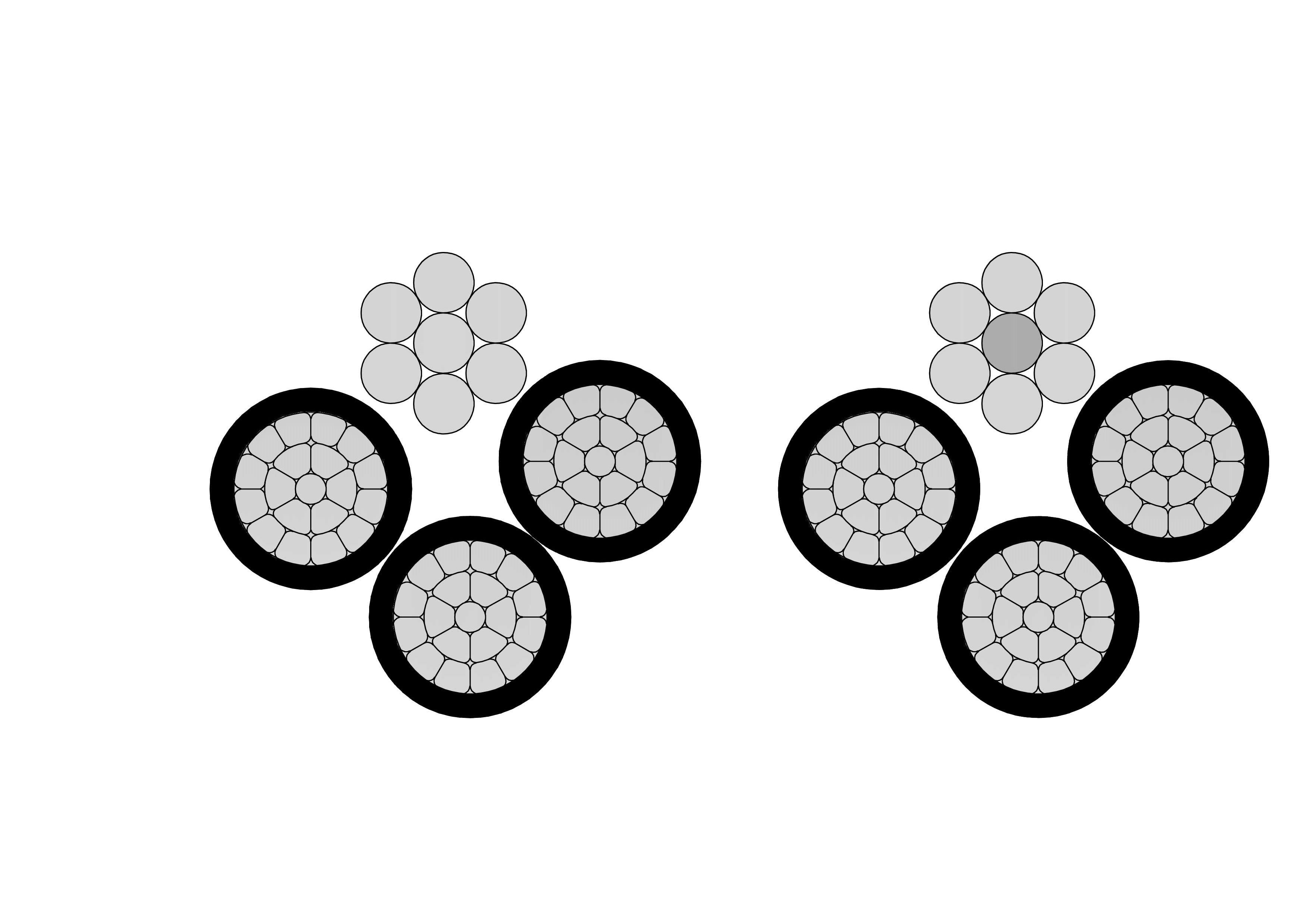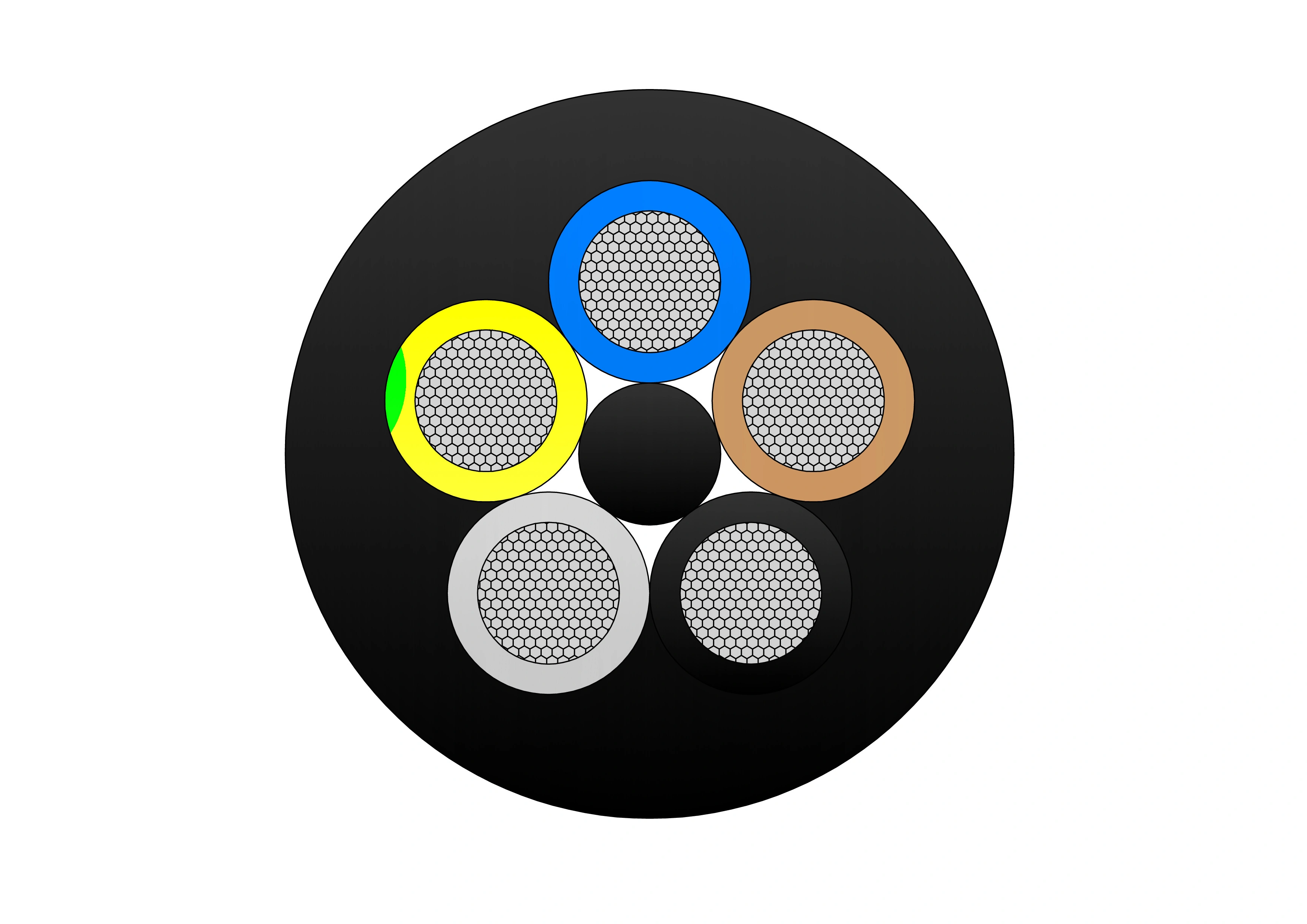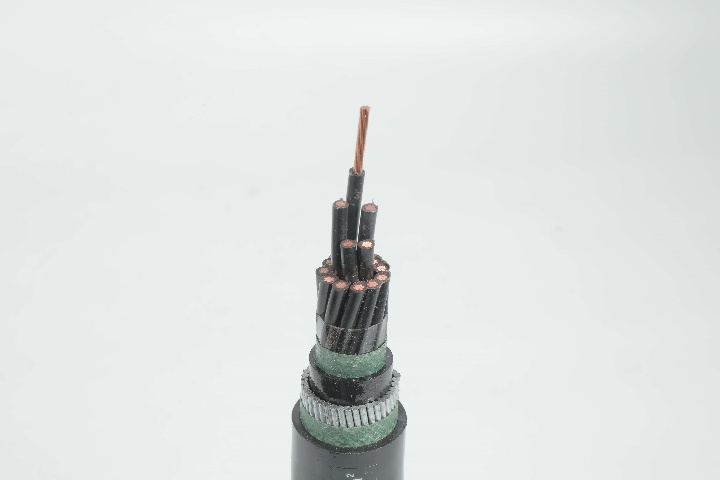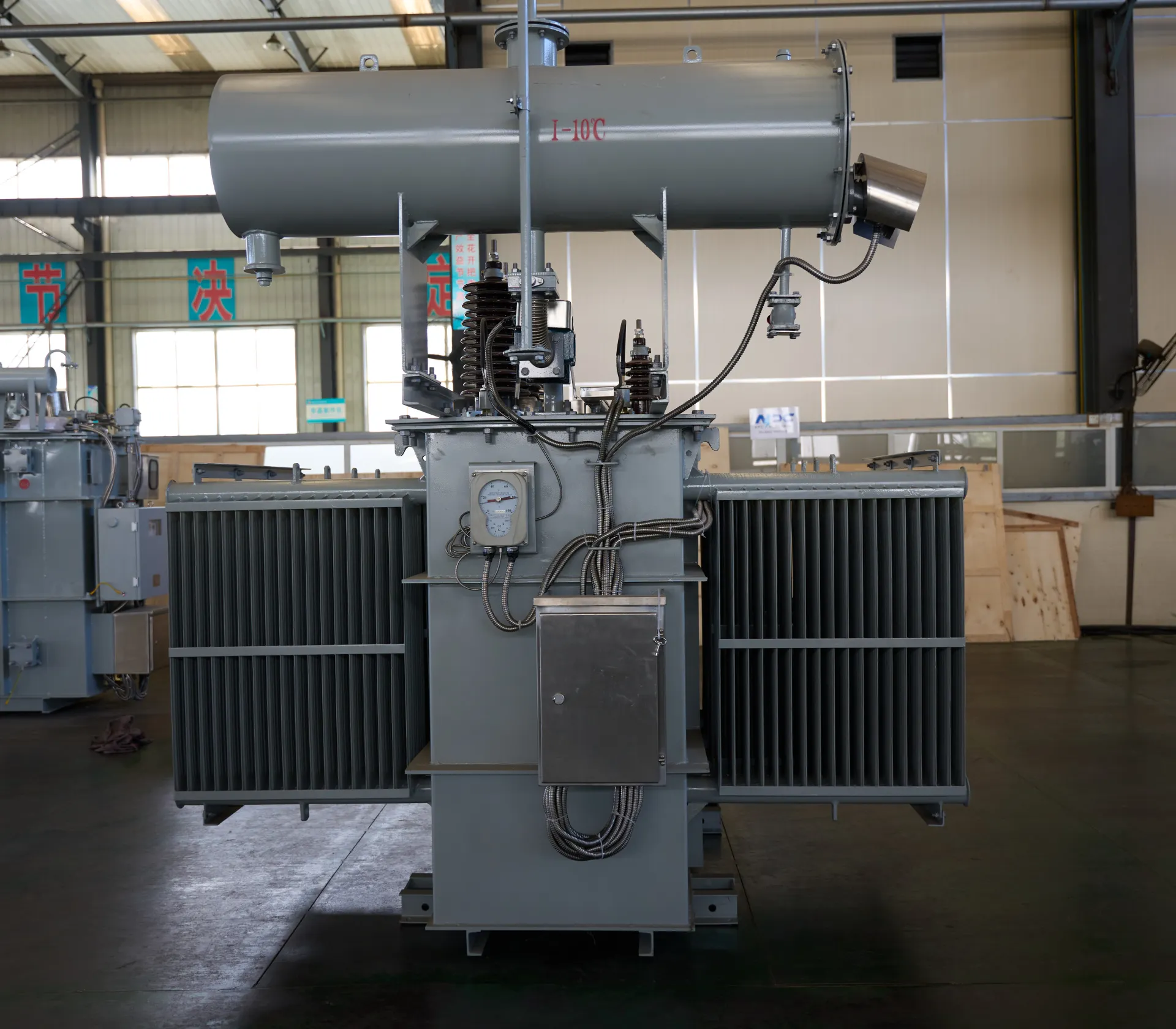How Smart Factory Technology Is Transforming Transformer Manufacturing
The wave of intelligent manufacturing is sweeping the world. Whether it is Germany, which first proposed the Industrial Revolution 4.0, or the United States, which is committed to developing AI technology, both regard intelligent unmanned factories as the core of Industry 4.0.
👨🏭 Introduction: A Technician’s Journey into the Smart Factory Era
With over a decade on the transformer production floor, I’ve seen firsthand how traditional processes have evolved into smart manufacturing systems powered by automation technology, AI robots, IoT devices, and data analytics. This transformation is not just about machines—it’s about empowering technicians like me to deliver better products through intelligence, efficiency, and real-time control.
1. 🔧 From Manual Labor to Smart Manufacturing
In the past, transformer production relied on human experience and manual precision. While skill remains essential, smart factory systems now provide us with data-driven tools to make faster, smarter decisions. We’ve moved from reactive problem-solving to proactive optimization—thanks to internet of things (IoT) integration and real-time monitoring.
2. 🤖 Automation Technology on the Production Line
One of the biggest upgrades has been the adoption of automation technology. Robotic arms now handle tasks like coil winding, core stacking, and lamination with extreme precision. These systems are connected via IoT devices, and as technicians, we monitor and fine-tune their operation rather than doing the repetitive tasks ourselves.
Automation helps in:
- Reducing human error
- Improving consistency
- Speeding up production
- Creating safer working environments
3. 🧠 AI Robots and Predictive Maintenance
The rise of AI robots has made predictive maintenance a game-changer in our operations. We now use machine learning algorithms to analyze vibration, temperature, and wear patterns on critical machinery. These systems alert us before breakdowns occur, reducing costly downtime and boosting equipment longevity.
It’s no longer guesswork—we’re informed and ready before a problem even surfaces.
4. 📊 Data Analytics: Improving Product Quality in Real Time
Every transformer that rolls off the line today is tracked and evaluated using data analytics. Voltage tests, insulation resistance, load losses—all data is instantly captured and fed into analytical models that highlight issues and trends.
This means:
- Faster defect detection
- Enhanced root cause analysis
- Continuous improvement in design and material use
- Consistent quality control
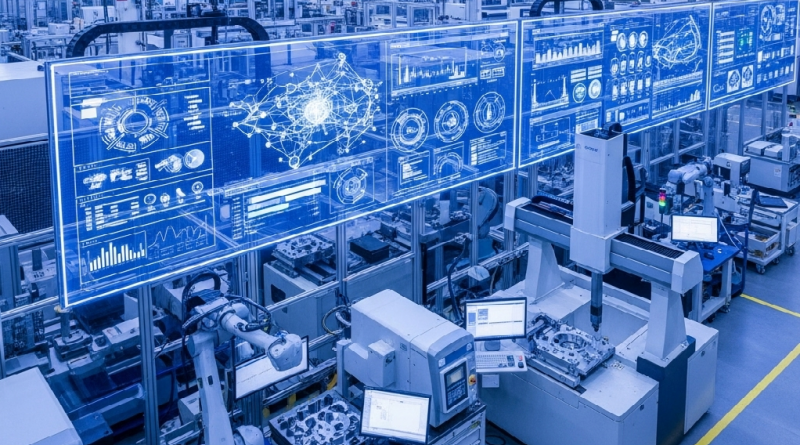
5. 🌐 IoT Devices for Real-Time Manufacturing Processes
IoT devices are the backbone of our smart factory system. From temperature sensors in the curing ovens to torque monitors on tightening equipment, these devices provide real-time visibility into every corner of the production line.
For example, if humidity in the varnish chamber exceeds safe levels, alerts are triggered instantly. As technicians, we act quickly to adjust conditions and maintain optimal manufacturing processes.
6. 🧐 Quality Control: The Smart Way
Today’s quality control systems use AI-driven image recognition to inspect every detail of a transformer unit. These systems spot errors invisible to the human eye—misalignments, incorrect labeling, or surface defects—ensuring every product meets global standards.
We technicians now play a dual role: ensuring physical quality and training AI systems to get smarter over time.
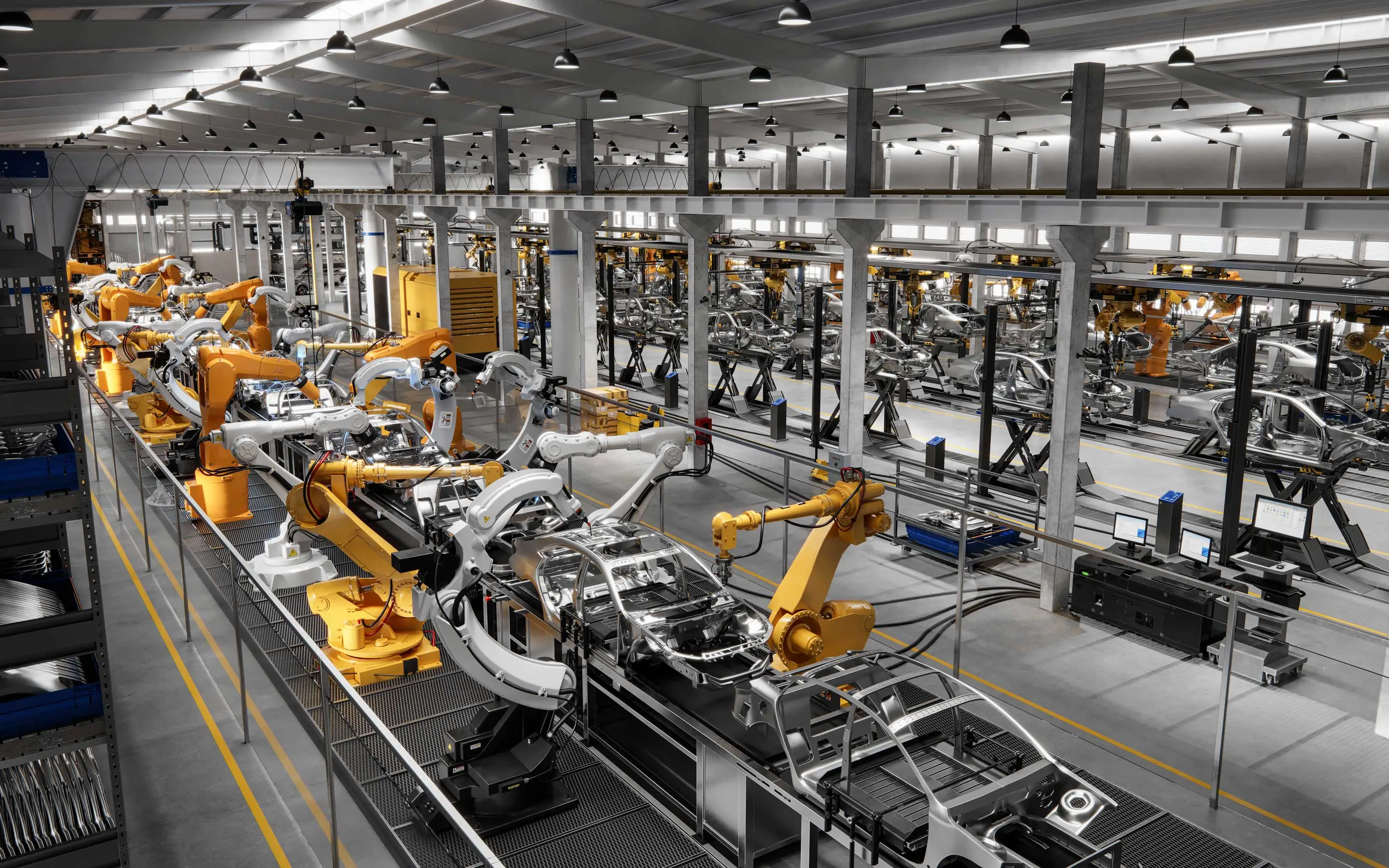
7. 💡 Smart Factory = Smarter Technicians
The fear that smart factory technology would replace jobs is unfounded. In reality, it has elevated our work. We’re no longer just workers—we’re systems managers, data interpreters, and digital problem-solvers.
Smart tools give us:
- More control over quality
- Better safety conditions
- Continuous skill growth
- More meaningful work
✅ Conclusion: Smarter Manufacturing for a Smarter Future
The evolution of the manufacturing industry through smart manufacturing is not just about machines—it’s about transforming people, processes, and products. From AI robots to predictive maintenance, and from IoT devices to real-time data analytics, we’re building not just transformers—but a smarter future.
📣 Call to Action
If you're interested in how smart factory solutions can enhance your own transformer manufacturing operations, or if you're a technician looking to upskill in this digital era, subscribe to our blog or contact us for consultation. The factory of the future is here—and it's smarter than ever.

